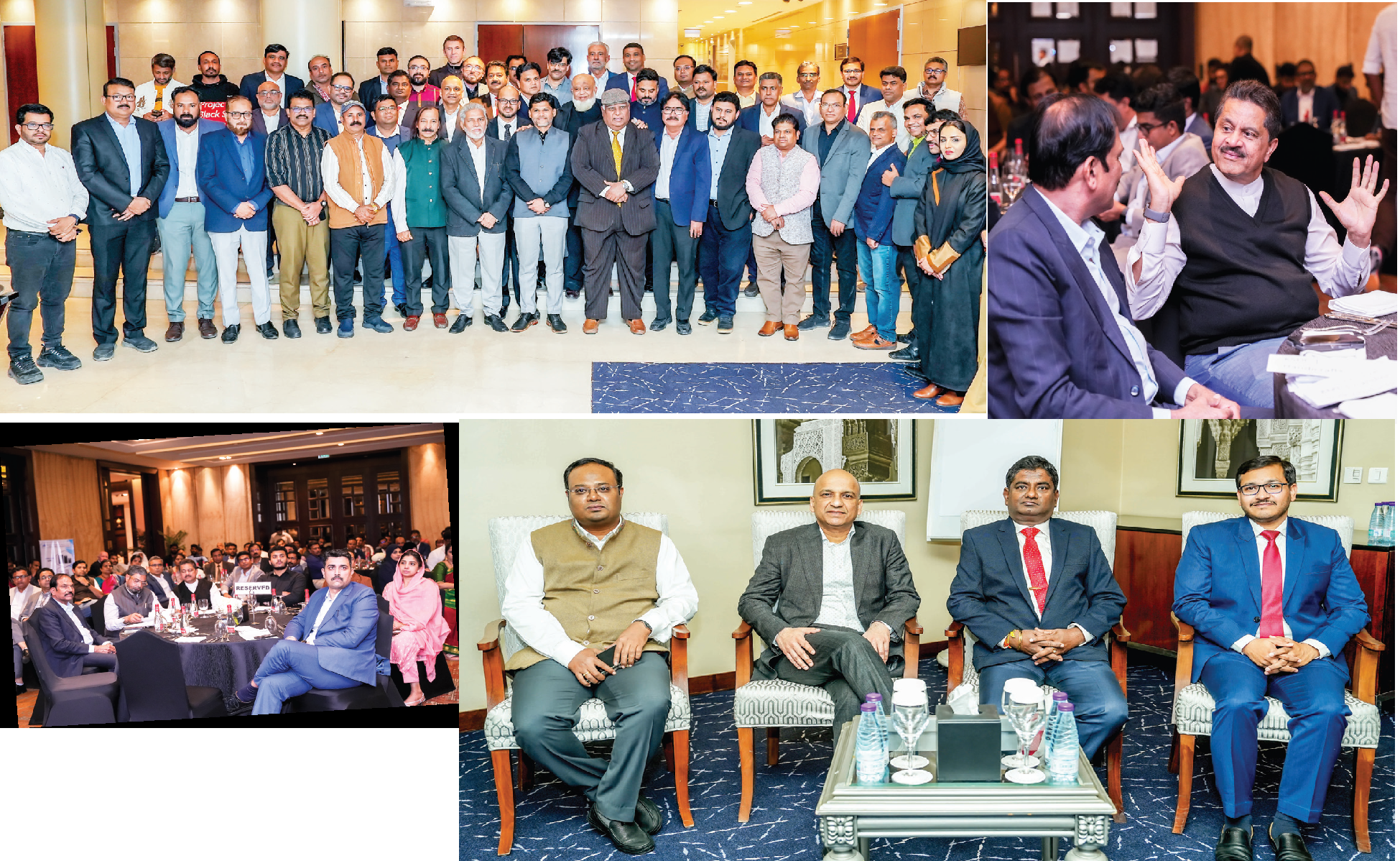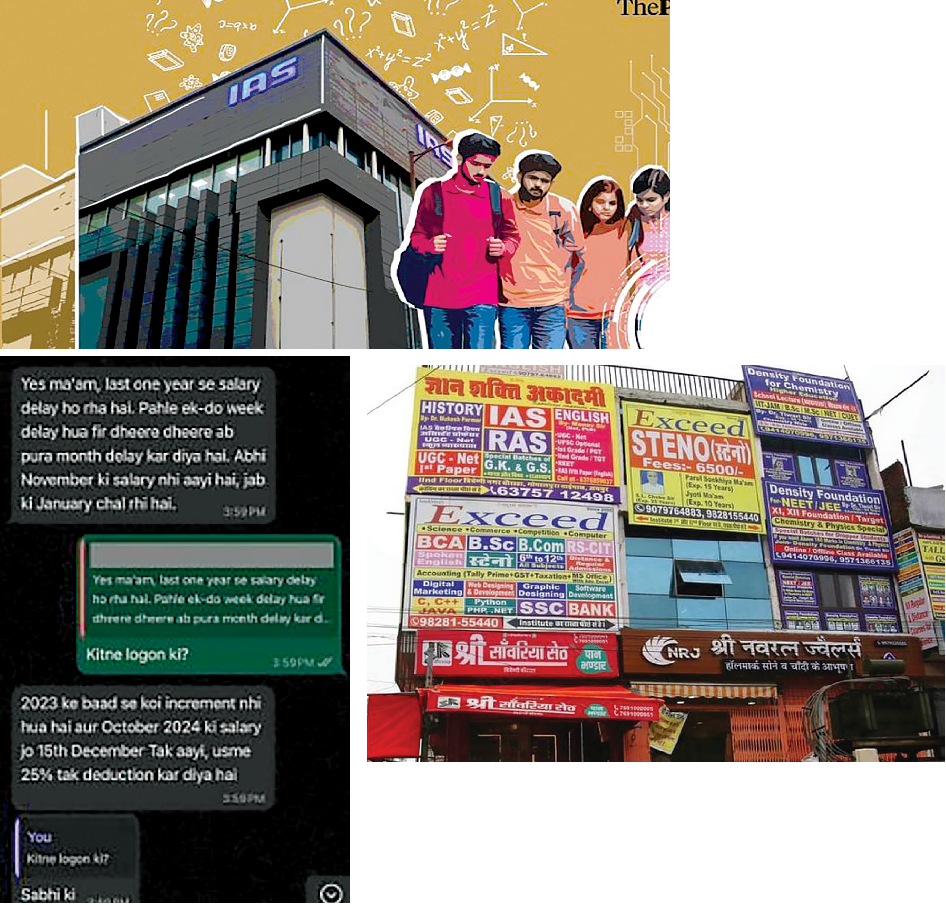
Connecting People, Disseminating Knowledge
Nazeer Waris
Even as most of us were engaged with a variety of social media platforms, the World Social Media Day just bypassed us on June 30. Most of us don’t know that this day began to be observed from June 30, 2010. The day was designated so in order to recognize the impact of the social media on the human society.
Social media has become an integral part of our lives as it enables us to connect and interact with friends, relatives, neighbours, groups with which we work, teammates at workspots assigned to carry out specific tasks, decision-makers in the society, influencers, even strangers who share things we love or are concerned about, or simply to reach out to those who are otherwise unreachable physically or telephonically.
Stranglehold
But today the social media has established an unshakable stranglehold over the humanity. It is used for advertising, business, consultation, conference, and myriad other uses. Its spread has been remarkable inasmuch as the information is just at the fingertips. Photos can be downloaded instantly. Persons can be reached within minutes.
Entire books can be downloaded on laptops within a jiffy. Nothing can remain beyond the grasp. The social media is the major good that has happened to the humanity due to expansion of telecommunication and internet facilities.
Now people are reaching out to their contacts like never before. It has eliminated the geographical distances that kept people, friends, relatives and near and dear ones apart. They can now share thoughts, text, jokes, pictures and all that previously required a physical meeting, except of course, touch. It is estimated that an average individual spends around 144 minutes every single day on the social media.
According to the Wikipedia, the first social media platform ever to be launched was Sixdegrees in 1997. Founded by Andrew Weinreich, the website allowed users to list friends and family members and had features such as profiles, bulletin boards, and school affiliations. At its peak, Sixdegrees had over a million users but it was eventually shut down in 2001.
Friendster
Internet penetration was slow between 1996 and 2005. It got a boost with cellphones becoming common possessions. The first modern social media platform was Friendster in 2002. It gathered over a hundred million users in three Asian countries i.e., Thailand, Malaysia and the Philippines.
But the networking site was closed and the company was dissolved in 2018. Facebook emerged as a popular social networking site in 2004. From then on the social media revolution gained momentum. LinkedIn came up in 2003. It focused mainly on business and facilitated people to look at profiles.
As videography became easier, YouTube launched its website dedicated to video in 2005 and was followed by Twitter in 2006. To begin with Twitter allowed messages only in 140 characters. It was doubled to 280 characters in 2017.
WhatsApp was founded in February 2009 as an instant messaging and voice-over platform. It is now owned by Meta, the US firm that owns Facebook. One hardly needs to be told that it allows users to exchange messages, images, documents, GPS locations, and voice-overs. By 2015 it had 2 billion users. It is currently the chief communication tool for people who are literate and have basic writing skills.
Instagram, basically a photo and video sharing social networking services was launched in October 2010 by Kevin Systrom and Mike Krieger. In October 2015, it had around 40 billion photos uploaded by its users. It is available in 32 languages.
Fraudsters and Misinformation
While social media enables people to come together, interact, exchange what is useful and creative, even do business, it has also led to spread of rumours, fake news, morphed photos, hate speech and baseless information.
Cheats and thugs also find it useful to ensnare gullible people. It is quite possible for people to camouflage their identity and dupe the unsuspecting individuals. A lot of fraudsters, crooks, impostors, deceivers, conmen, tricksters and swindlers masquerade on these social networking sites who can syphon off funds from the bank accounts and steal private information for misuse.
It is therefore essential that we access these social media for genuine contact and for exchanging positive information and knowledge. Unauthentic material and fake news must never be uploaded. Languages should be respectful towards others and other belief systems.
 English daily published in Bengaluru & Doha
English daily published in Bengaluru & Doha






